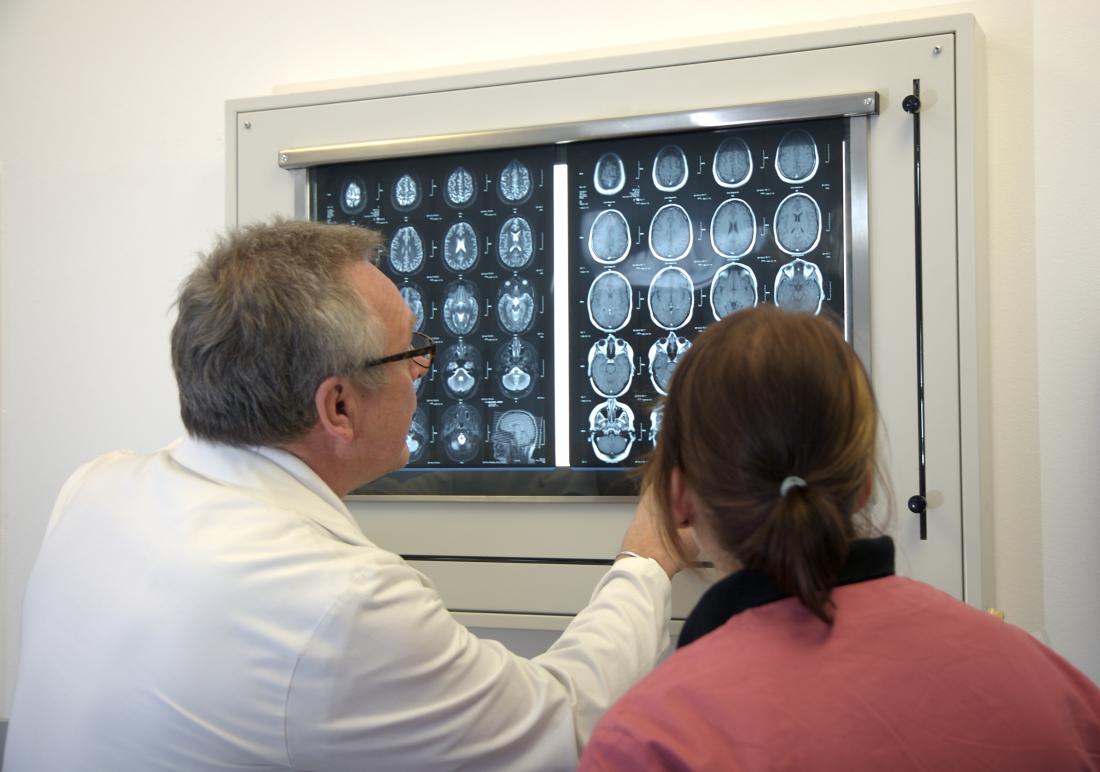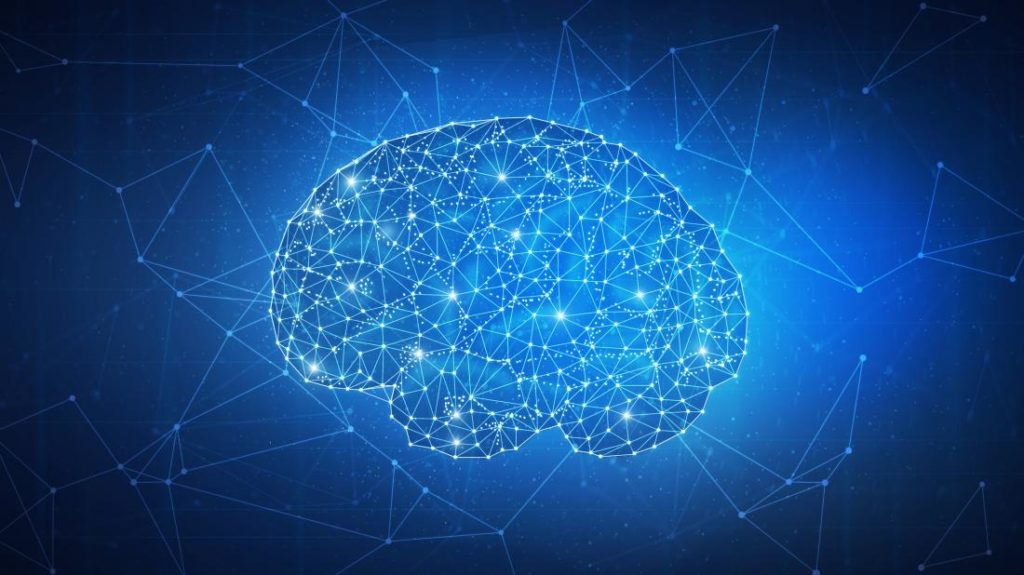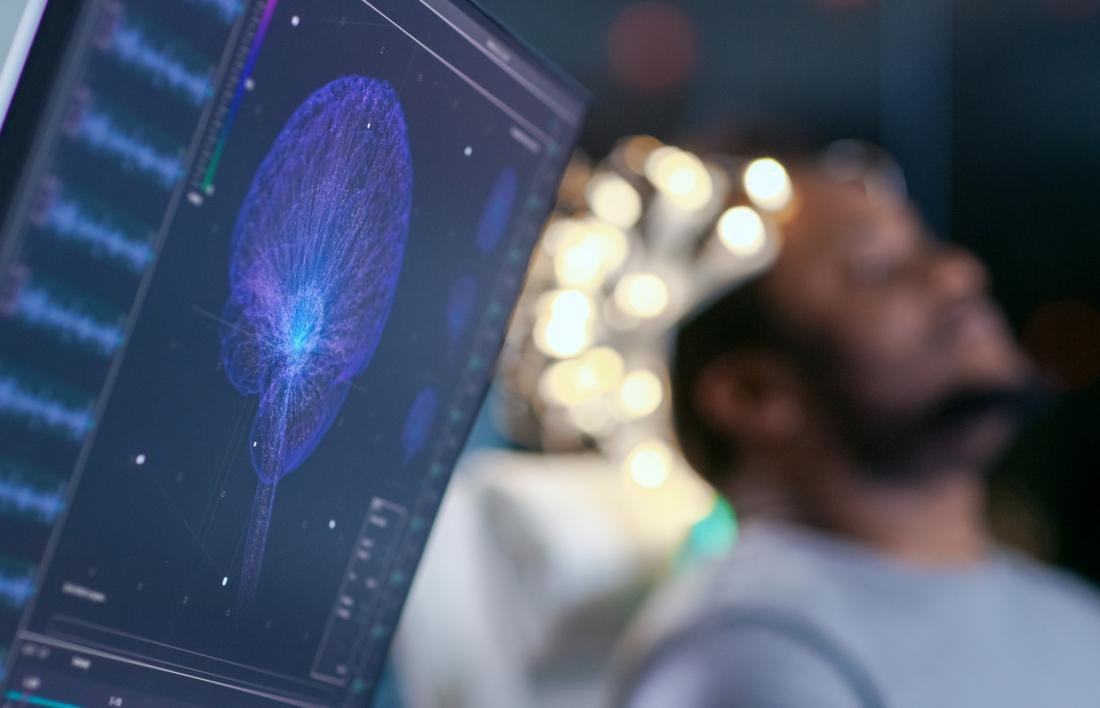
Speeding up genetic diagnosis of Huntington's disease
January 10, 2019
People with Huntington's disease suffer from jerky body movements and decreasing mental abilities. The condition usually leads to death 15-20 years after diagnosis. The cause of the disease is a region in the Huntingtin gene that is longer than in healthy people. The mutation causes the destructi... Read More



